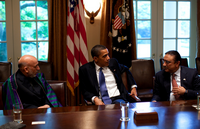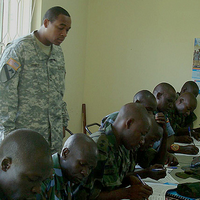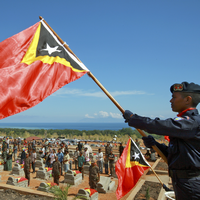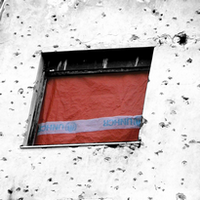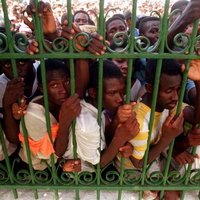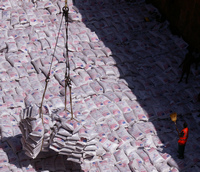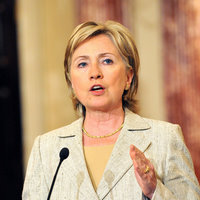
One aspect of the Obama administration’s foreign policy that has provoked condemnation across the political spectrum is its approach to human rights around the world. Critics have pointed to a visible tendency to relegate human rights to the background in dealing with offending nations, as Washington keeps its focus on what it deems more important objectives. With the volume of criticism rising, Secretary of State Hillary Clinton offered a detailed presentation of her — and presumably the administration’s — approach to human rights. Her speech at Georgetown University last Sunday offered a fascinating view inside the administration’s evolving philosophy. In […]

